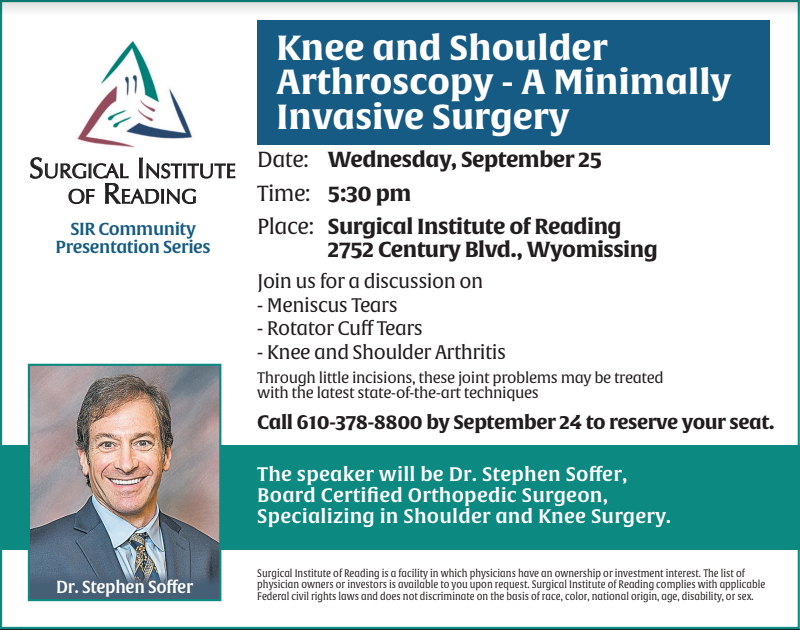In many cases, knee conditions such as osteoarthritis can be managed using conservative methods. However, some patients facing chronic knee pain and disability may require total knee replacement surgery to ease their symptoms. What is a total knee replacement? It’s important to be informed about what this procedure and its recovery process entail before deciding if it’s right for you.
What Is a Total Knee Replacement?
Also known as total knee arthroplasty, total knee replacement surgery involves removal of the diseased joint followed by insertion of an orthopedic implant in its place. Here are the four major steps involved in a total knee replacement:
- Damaged cartilage removal – In order to prepare the knee, your orthopedic surgeon will remove all damaged cartilage from the femur and tibia, plus some of the bone underneath.
- Implant positioning – Replacing the damaged cartilage and bone with plastic and/or metal implants is the next step. The replacement joint will mimic the feeling and function of your natural knee. Once the implants are in place, they will be cemented or “press fitted” into the bone.
- Patella resurfacing – After the implants have been inserted and secured, the surgeon will then resurface the underside of the patella, or the kneecap. This step may be skipped for some patients.
- Spacer insertion – Finally, a medical-grade plastic spacer will be inserted between the implants. This small but mighty device will serve to maximize joint mobility by minimizing friction between the components.
Typically, total knee replacements are performed in the hospital under anesthesia. The procedure usually takes 1-2 hours, and patients generally stay overnight after surgery.
Recovering from Total Knee Replacement Surgery
Now that we’ve answered “what is a total knee replacement?”, we’d like to talk a bit about the recovery timeline for this procedure. As with any kind of surgery, you can expect to experience some pain following a total knee replacement – especially in the first week after surgery.
In the weeks and months following surgery, you will be instructed to perform physical therapy exercises. These will help you regain strength and range of motion in your operated knee. You will have restrictions for up to three months, but you will likely be able to return to work in 2-4 weeks if your job is sedentary. Generally speaking, patients are normally able to resume their regular activities around the three-month mark.
Dr. Soffer Provides Qualified Care for Chronic Knee Conditions
With more than 700,000 performed each year in the U.S., total knee replacements are among the most common orthopedic procedures. For knee replacement surgery and other cutting-edge knee care options, patients in the Reading, PA area depend on Dr. Stephen Soffer.
If you are eager to find the most appropriate solution to resolve your lingering knee discomfort, call our office at 610-375-4949. We look forward to helping you leave knee pain in your past.






